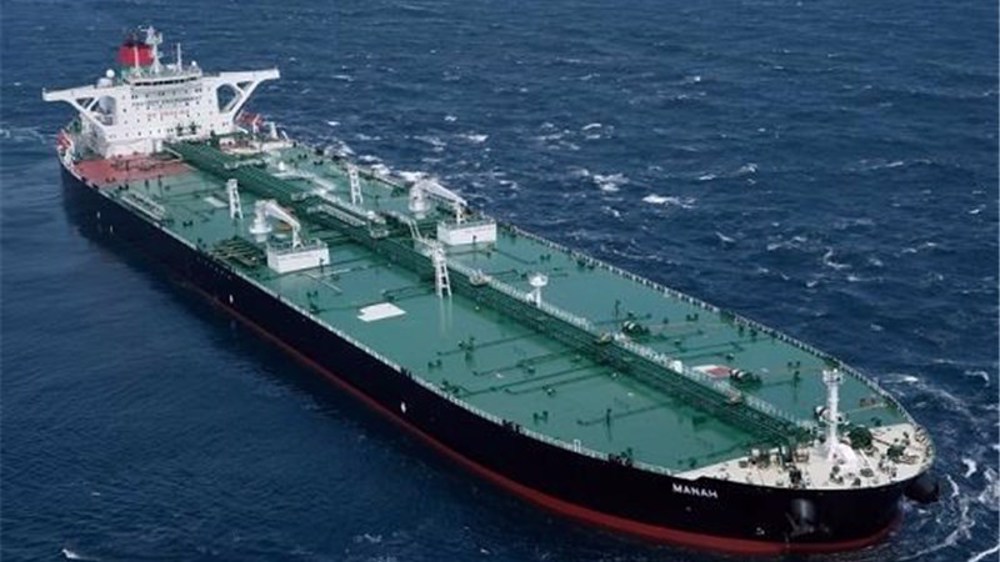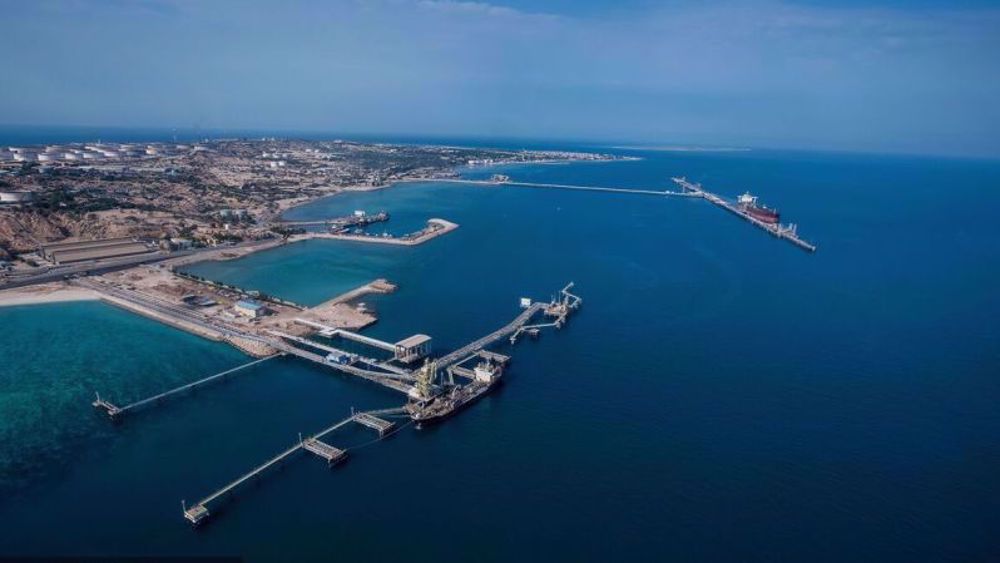Iran’s rationing of gasoline prevents huge waste at time of sanctions: Experts
Experts say rationing fuel in Iran would prevent tens of millions of liters of gasoline being wasted each day in a country which still grapples with the economic impacts of a series of American sanctions.
Iran increased the price of gasoline overnight on Friday while it imposed a cap on the use of the fuel with regular price of 15,000 rials ($0.12) per liter.
The move sparked protests in various Iranian cities although the government insisted it would go ahead with its plan to reduce subsidies paid for gasoline and instead spend them on handouts and other forms of assistance to the needy.
“We have to defend the policy of gasoline price hike as it help eradicate poverty in the short run,” said Ali Sarzaeim, a professor of economy at Tehran’s university of Allameh Tabatabyi.
The economist said fuel price hike would enable the Iranian government to increase the amount of cash it hands out to the needy across the country.
The government said right after announcing the new prices for gasoline that all the income generated from the new scheme, estimated around $2.7 billion, would be dedicated to plans for balancing the economic situation in Iran.
Sarzaeim said the government could have paid a first round of new cash handouts and then move to increase the price of gasoline, a decision he said could have prevented the social discontent about fuel price hikes.
“We could have printed money (for paying to the people) and then return the money from gasoline revenue. That was possible and logical as well,” said the expert in an interview with Khabaronline website.
Iran, once a major importer of gasoline, produces around 110 million liters of the fuel each day, with bulk of the output serving a surging domestic consumption.
Reports in the media have suggested that gasoline is being increasingly smuggled outside of Iran, given the exorbitantly low price of the fuel in the country.
Rationing of gasoline come against various studies suggesting that domestic consumption of the fuel should not exceed 70 million liters each day.
Those findings mean that almost 40 million liters of Iran’s gasoline output is either smuggled or wasted in substandard vehicles.
That comes as Iran continues to suffer from a series of American sanctions that have specifically targeted its oil and gas industry since they were enacted in November last year.
That bans have deprived Iran of a bulk of revenues generated from direct sale of crude while prompting the government to engage in export of other energy products, including gasoline, to compensate the loss.
Yemen fires hypersonic missile at Israeli airbase
VIDEO | New Delhi chokes under toxic smog as air quality remains at hazardous levels
VIDEO | Press TV's news headlines
VIDEO | ICC's arrest warrant for Netanyahu to worry Western politicians: Former British diplomat
Iranians protest against Israel after Netanyahu ICC warrant
Germany undecided on complying with ICC arrest warrants for Israeli war criminals
VIDEO | Former FBI agent criticizes US Congress for 'outright corruption'
IRGC chief urges Muslim countries to cut aid routes to Israel












 This makes it easy to access the Press TV website
This makes it easy to access the Press TV website